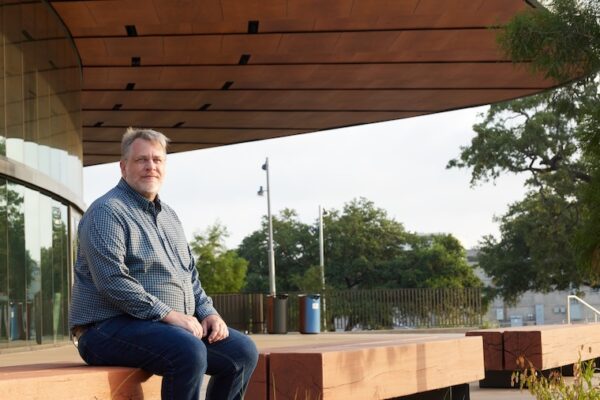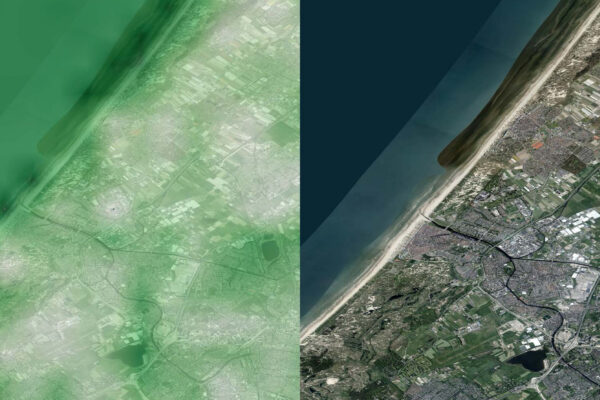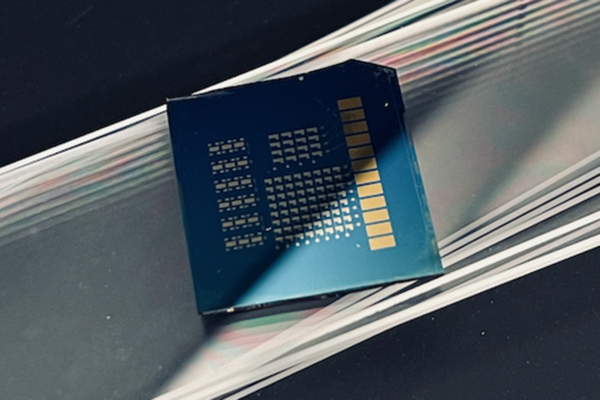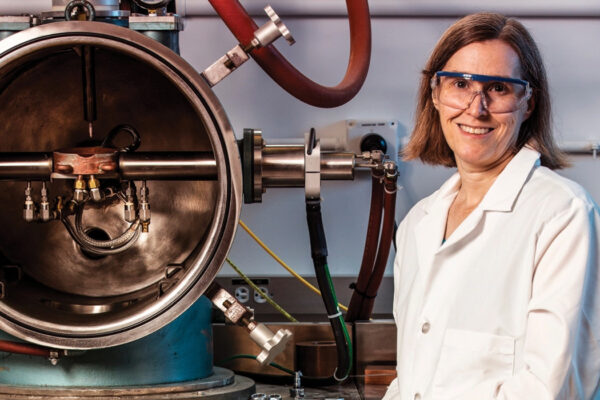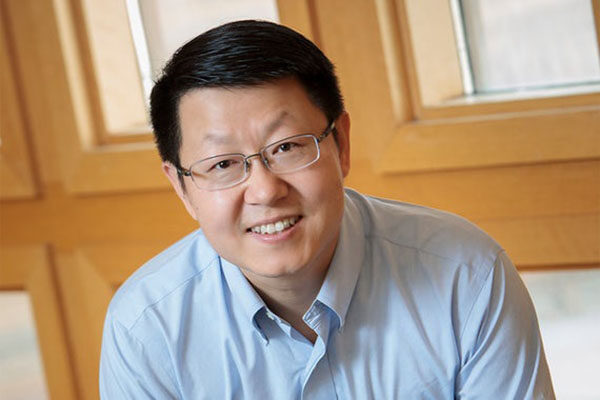Improving autonomous driving
Nathan Jacobs at the McKelvey School of Engineering led a team that developed a joint learning framework to enhance two closely related computer vision tasks critical in autonomous driving applications.
The sky’s the limit
Mark Waggoner, BSCE ’97, designs stadium roofs that shield tens of thousands of sports fans from the elements and can withstand Mother Nature’s fury.
Defending your voice against deepfakes
Computer scientists led by Ning Zhang at the McKelvey School of Engineering developed AntiFake, a tool to protect voice recordings from unauthorized speech synthesis.
Mapping soundscapes everywhere
Nathan Jacobs at the McKelvey School of Engineering developed a new framework for predicting the types of sounds that are likely to be heard at a given geographic location. Soundscape mapping has applications in urban planning and noise management, as well as in individual decisions about where to buy a home or establish a business.
RNA’s solo act on the ever-changing stage of cellular dynamics
Collaborative research from Rohit Pappu’s laboratory at the McKelvey School of Engineering sheds light on the role of temperature in RNA phase separation, particularly the heating and cooling required to form condensates.
NSF invests in semiconductor research at McKelvey School of Engineering
Sang-Hoon Bae and Mark Lawrence, at the McKelvey School of Engineering, received a total of $3.8 million for collaborative research projects on the future of semiconductor design and manufacturing.
Scherrer honored with Lifetime Dedication Award
Joseph H. Scherrer, at the McKelvey School of Engineering, was recognized by the Missouri Athletic Club for his overall commitment to military service as well as his achievements. Scherrer spent 24 years in the U.S. Air Force as a leader and information technology and cybersecurity innovator.
Katharine Flores
Katharine Flores is the Christopher I. Byrnes Professor and director of the Institute of Materials Science & Engineering at Washington University in St. Louis. Also an alumna, she has brought dedication, leadership and expertise to the materials science program and is helping it reach the next level.
Zhou elected fellow of Optica, American Heart Association
Chao Zhou, a professor of biomedical engineering at the McKelvey School of Engineering, has been elected a fellow of Optica and of the American Heart Association.
Research network to focus on AI, integrated circuits
Shantanu Chakrabartty, at the McKelvey School of Engineering, will lead the Neuromorphic Integrated Circuits Education network, a team that is looking at the brain and its neural mechanisms as a model for hardware and algorithms that make the most of computational performance with the least amount of power.
Older Stories

